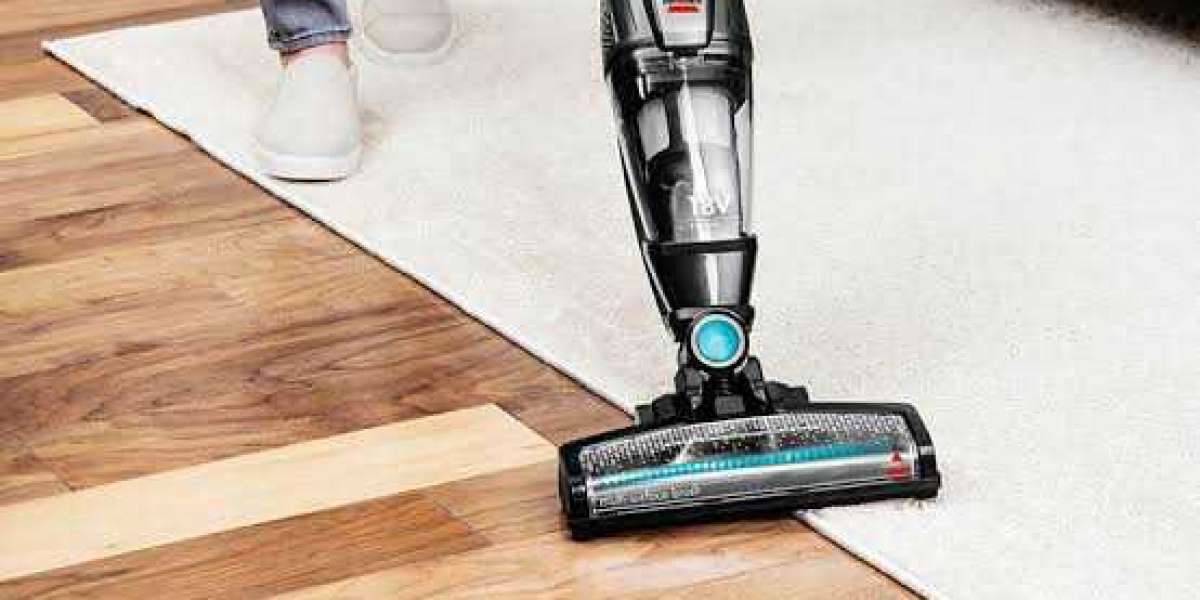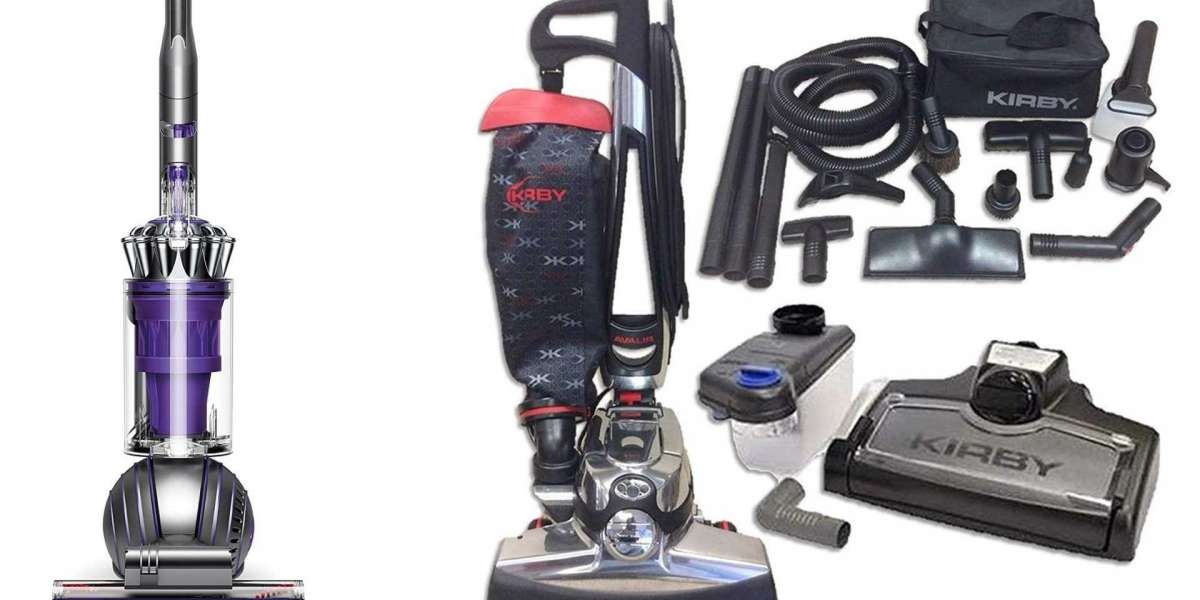
The body starts losing bone mass after reaching a certain age, and this is a normal process that is seen in every individual. Besides this, the fact can also not be denied that throughout the life of a person, the breakdown of old bone along with the formation of new bone keeps occurring. The only key point that needs to be considered here is that in early life, the speed at which new bone forms is higher than bone breakdown whereas, with aging, the scenario starts to become opposite. The beginning of the loss of bone mass is known as osteopenia, and this is what we are going to discuss here.
Sometimes, osteopenia is also referred to as the mid-point between healthy bones and osteoporosis. Though this condition makes our bones weak, yet they are not fragile enough to get broken with simple injuries. On the other hand, in the case of osteoporosis, the break could occur without any cause, and the condition might be so severe that surgery using Orthopedic Implants Plates and other trauma implants will be required.
Causes of Osteopenia
The commonest reason why osteopenia occurs is aging. According to many scientific studies, our body reaches its peak bone mass at around 35 years of age. After that, the breakdown of old bone becomes faster than the formation of new bone. That’s where the body starts losing bone mass and developing osteopenia.
When compared to men, women are more prone to experiencing osteopenia after menopause. This is because after menopause, estrogen levels drop and that results in quick bone loss. Some of the other risk factors associated with the condition include:
- Age above 50
- Being a female
- Consumption of prednisone or phenytoin for a long time
- Consumption of tobacco for long in any form
- Menopause that occurs before 45
- Having a family with the history of low bone mass density
- Drinking too much alcohol
- A diet lacking calcium and vitamin D
- Removing ovaries before menopause
- Inflammatory conditions like rheumatoid arthritis or Crohn’s disease
- Hyperthyroidism
- Hyperparathyroidism
What Are the Symptoms Associated with Osteopenia?
Osteopenia is asymptomatic oftentimes plus, bone density loss at that stage is not painful as well. When the condition starts to become severe, osteoporosis may develop, and in that condition, the person may experience fractures.
How is Osteopenia Diagnosed?
A bone mineral density test is critical for the diagnosis of osteopenia. DEXA scan is one of the commonly performed tests to measure bone strength and bone mass. It is generally performed to measure bone density in the hips, wrist, and spine. Based on the scores generated, this test can confirm whether the person is suffering from osteopenia or osteoporosis. A lower DEXA score is directly proportional to the high risk of bone breakage.
How is Osteopenia Treated?
The main goal of osteopenia is to prevent the progression of osteoporosis. Some lifestyle changes like doing exercise regularly, taking a diet rich in calcium, vitamin D, other minerals, and certain medicines including supplements can slow down bone density loss.
Weight-bearing exercises help strengthen bones and maintain bone density. This is also known to improve the flexibility and strength of muscles.
Food items like yogurt, cheese, and milk are great sources of calcium. Besides this, other food items like salmon, spinach, dried beans, and broccoli can also contribute to improving calcium levels. One can also have calcium vitamin D fortified foods like bread and orange juice.
These methods will only be effective when the condition is diagnosed early. If it progresses to a serious level, osteoporosis may occur, and in such cases, surgery may be required.
Siora Surgicals Pvt. Ltd. is an experienced and CE-certified manufacturer of an extensive range of orthopedic devices in India. With over 3 decades of experience, the company is also known to export its quality implants to clients based in different countries. Orthopedic implants, instruments, and external fixators produced by Siora are approved by the Malaysian Medical Device Authority (MDA), and hence, it is also one of the most reliable Orthopedic Implants Exporters in Malaysia.





